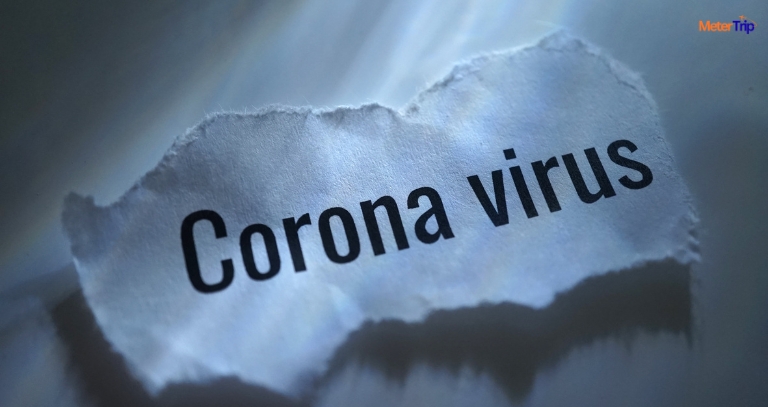As the world went into chaos during the Covid-19 pandemic, misinformation spread even faster than the virus itself. From social media forwards to sensational headlines, millions of people got trapped in a web of conspiracy theories and fake claims. However, staying informed is crucial. Let’s explore the top Coronavirus myths and facts that will help you understand the reality and avoid panic.
Rumor #1: Hot Temperature Will Stop the Coronavirus Outbreak
Fact:Many believe that warm weather can stop the spread of COVID-19. However, there is no scientific evidence supporting this claim. Since the virus is still being studied, researchers continue to investigate its behavior across different climates. Therefore, always follow health advisories instead of relying on temperature myths.

Rumor #2: Wearing a Mask Prevents Covid-19 Entirely
Fact:Masks are effective only when used correctly. For instance, people showing symptoms or caring for infected individuals should wear them. Moreover, wearing a mask alone doesn’t guarantee protection if you ignore hand hygiene and distancing. Instead, combine it with other preventive measures recommended by the WHO.
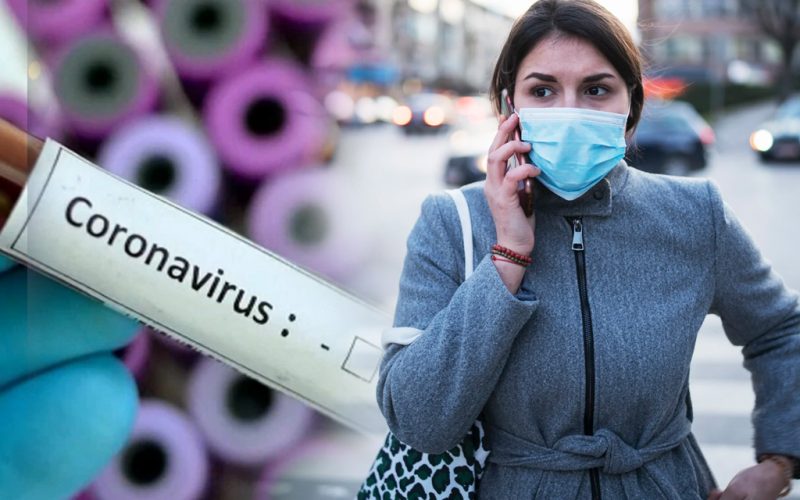
Rumor #3: Eating Garlic Can Cure Coronavirus
Fact:Garlic has well-known antimicrobial properties. Nevertheless, WHO confirms that there’s no evidence garlic can cure or prevent COVID-19. So, while it’s healthy to include in your diet, it shouldn’t replace medical treatments or vaccines.
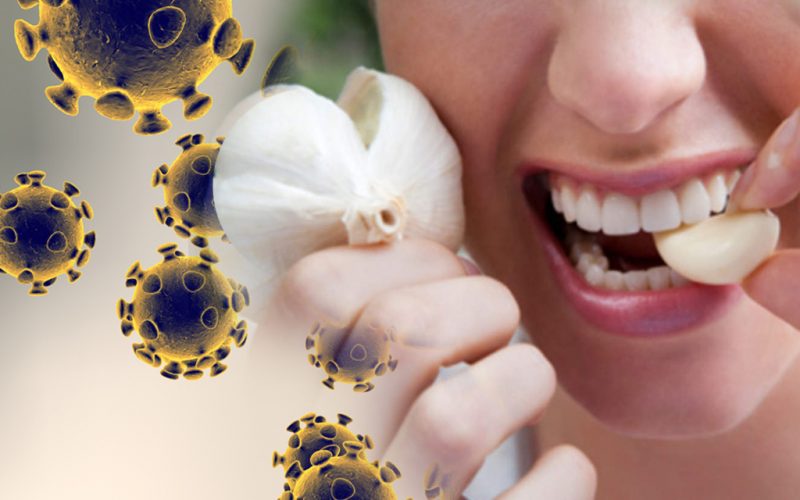
Rumor #4: Drinking More Water Flushes the Virus from the Body
Fact:Staying hydrated is vital for health. However, the idea that drinking water prevents infection is false. The virus can enter the body through the nose or mouth, so simply drinking water cannot stop it. Instead, maintain good hygiene and follow safety protocols.

Rumor #5: A Runny Nose Means You Have Covid-19
Fact:A runny nose doesn’t always mean you’re infected with the Coronavirus. In fact, it can result from a cold, flu, or allergies. However, if symptoms like fever, dry cough, or fatigue accompany it, consult a healthcare professional for proper testing.
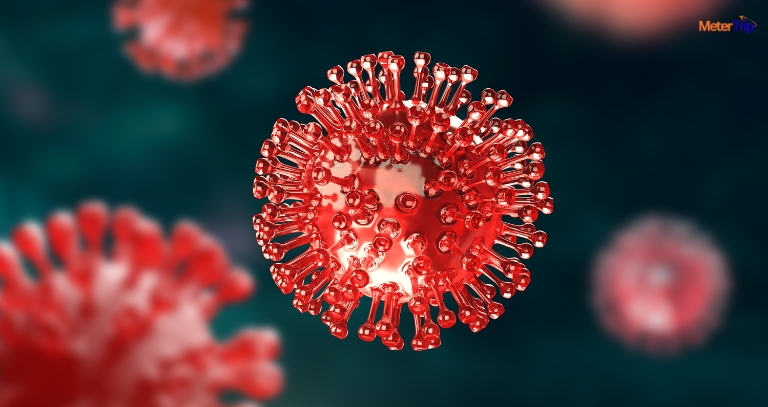
Rumor #6: Packages from China Spread the Coronavirus
Fact:Many feared that objects shipped from China could transmit the virus. Fortunately, this is untrue. The virus doesn’t survive long on surfaces like cardboard or paper. Thus, buying or handling packages is safe when proper precautions are taken.

Rumor #7: Pets Can Spread Coronavirus
Fact:No scientific evidence proves that pets like cats or dogs can transmit COVID-19 to humans. Indeed, WHO states that pets are not carriers of the virus. Therefore, continue caring for them while maintaining their hygiene and regular vet checkups.
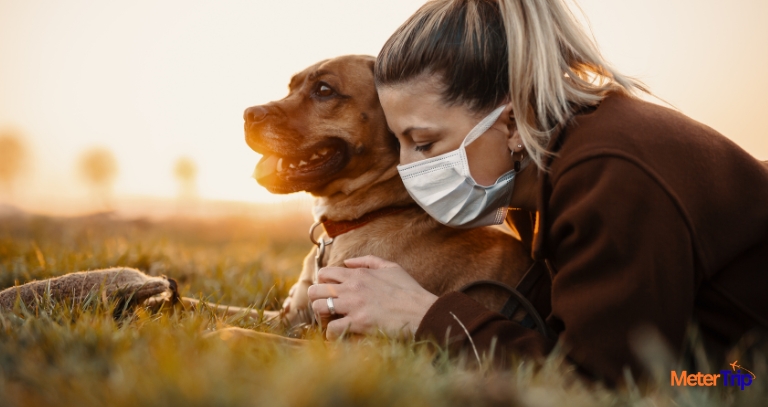
Rumor #8: A person who has already recovered from Coronavirus cannot get it back Coronavirus myths and facts
Fact: According to health professionals, the chances of getting Coronavirus twice are rare. This might occur in cases where errors were caused during the testing. Those with a weak immune system need to take precautions as told by the WHO.

Rumor #9: Hand sanitizers are more effective than soap in preventing the Coronavirus myths and facts
Fact: Experts suggest that soap is a far better option in fighting Coronavirus than hand sanitizers. The CDS states that even though an alcohol-based hand sanitizer can remove germs quickly, it doesn’t work on all types of germs the way soap and water do. As far as sanitizers are concerned, you may keep it as a backup but always make soap and water your first priority for washing your hands.
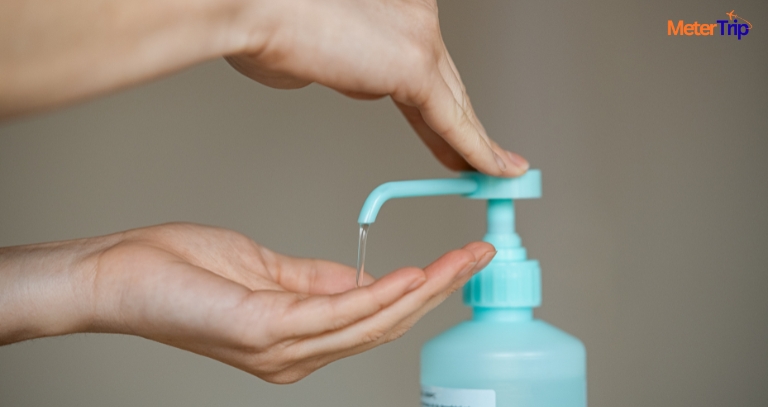
Rumor #10: Covid-19 Infection Means Certain Death Coronavirus myths and facts
Fact:This is one of the biggest myths about the pandemic. In reality, most COVID-19 cases are mild, and recovery rates remain high worldwide. Furthermore, healthy individuals can recover completely with rest and medical care. Still, those with pre-existing conditions should take extra precautions.

Final Thoughts on Coronavirus Myths and Facts
Even though misinformation continues to circulate, staying updated with verified health information is the best protection Coronavirus myths and facts. Therefore, trust only credible sources like WHO or CDC, follow medical guidelines, and avoid spreading unverified claims. Ultimately, awareness—not fear—is our greatest weapon against misinformation.
Read More-Future of Etsy: Trends and Innovations

